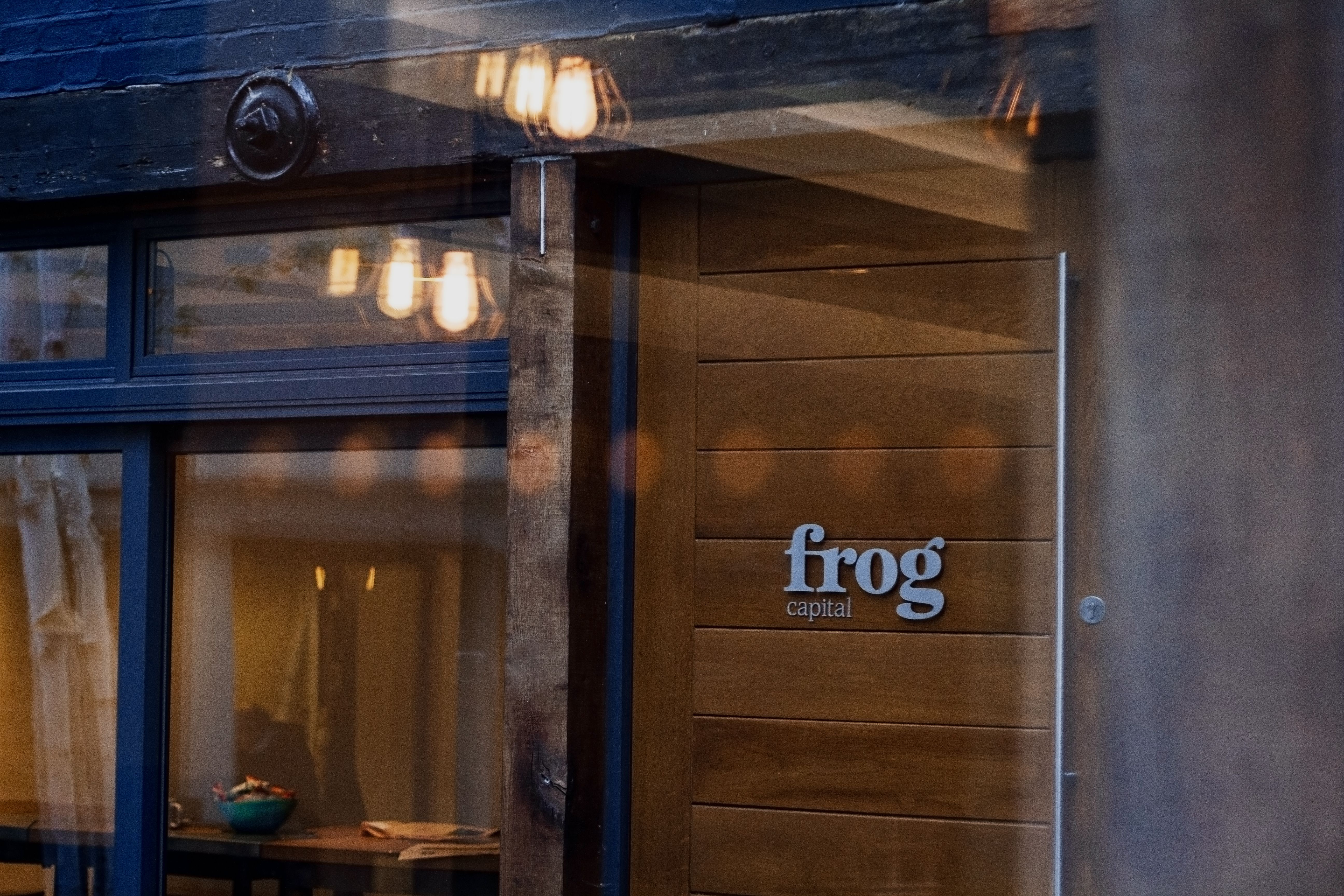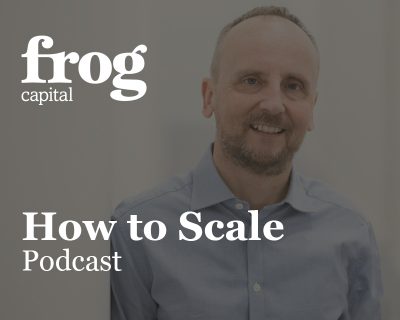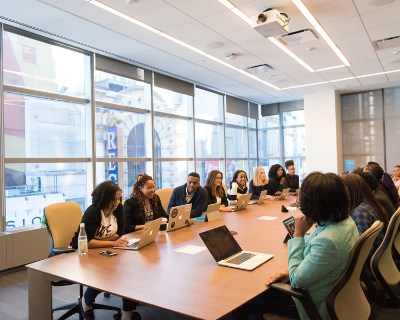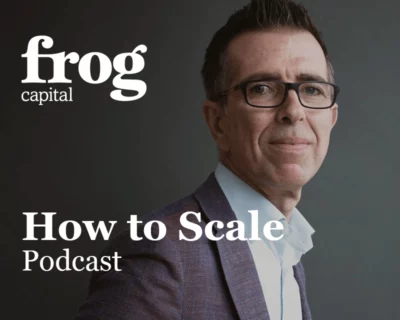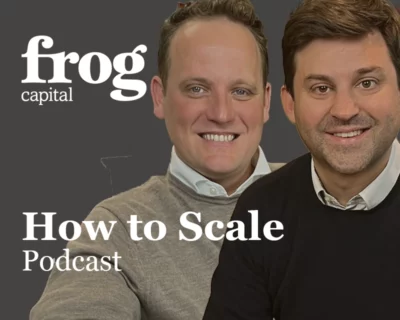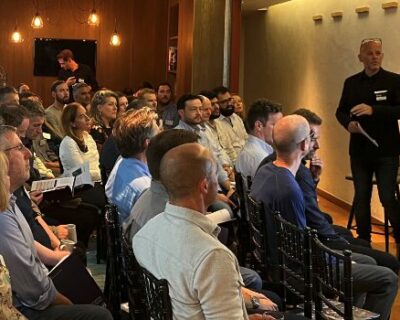Over the last four years the business environment in Europe has suffered several major shocks. COVID caused a 6% decline in GDP in 2020 and then as the economy recovered from that, the energy price shocks saw European GDP growth slump to less than 1% with many individual countries in, or close to, recession. The previous benign growth path for software companies, buoyed by a positive funding environment at exceptionally high multiples (rising from the long-term average around 3x in 2018 to over 14x by the end of 2020) has come to an end. This has brutally exposed businesses without strong fundamentals and those that were fundraising to support core business losses rather than investment in growth.
Principled approach
Resilience used to be rarely spoken about in venture capital circles; anything other than the growth mantra could be criticised as being insufficiently ambitious. At Frog, we always felt that this suits the interest of investors with diversified portfolio risk more than executives and founders. Frog’s portfolio is focused, and as a result, we are much more aligned with business leaders and founders in assessing appropriate risk and return in a realistic way and understanding the trade-off implicit in different rates of growth. As a reaction to the difficult market environment, investor sentiment is now much more focused on route to profitability and the growth trade-offs (“Rule of 40” is used as shorthand) but often without the integrity and track record of applying these principles that Frog has.
Solid foundations
We are proud of the way our portfolio has not just survived but thrived against their competition in these difficult conditions. Scale-up success is ultimately about personal and company ‘Resilience,’ requiring the capacity to avoid or deal with the unforeseen issues that inevitably arise. Building solid foundations is the key and this requires investment across the business in people, processes and systems. It requires finding the route that is right for your company to managing the difficult environment, but this is much easier if different scenarios have been planned out in advance.
All of our portfolio companies were quick to react to the impact of COVID, balancing the need for setting clear triggers for cost management action with maintaining resources to execute on opportunities as they arose. Importantly none of our portfolio required rescue funding and so management could focus completely on operations and trading. Some who exploited opportunities, like Edtech provider, Sofatutor and digital connectivity assessor Opensignal, saw exceptional performance generate inbound strategic interest which led to a successful exit.
Weathering headwinds
For some of our portfolio companies an additional differentiating factor has been the positioning of the business in a market that becomes more relevant in difficult times, like health and safety company Evotix, acquired by a US strategic buyer in 2023. For others, difficult decisions to reduce cost have been made where consumer markets are weak, such as the online real estate players McMakler and Housfy. These painful exercises have provided valuable proof points in how to reach profitability at lower revenue levels and make the companies more robust and better able to exploit the inevitable market upturn, especially as much of the competition has not survived.
Strong fundamentals
Of course, many of our businesses like Modulr and Winningtemp have strong repeatable licence revenues which mean they have more time to adapt to external market shocks and a clear medium-term route to profitability. Others like Clue and Caspar have in addition a clear digital penetration strategy of a large offline market so that the positive impact of raising market share will far outweigh any movement in the overall market.
The common theme across all is building a strong management team which has a robust approach to planning and investing to develop a resilient organisation with strong fundamentals. This creates optionality whatever the market may throw at them.


